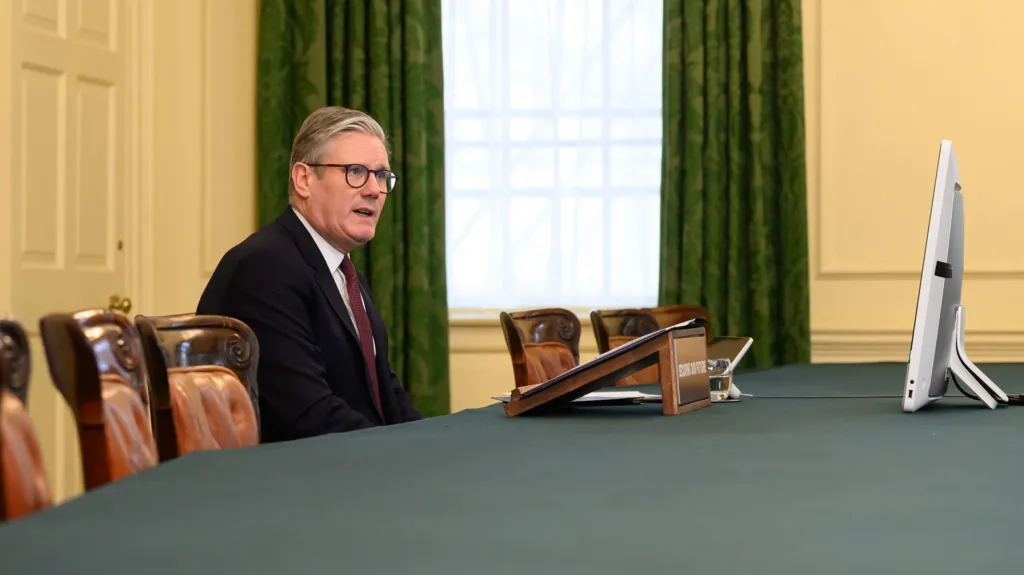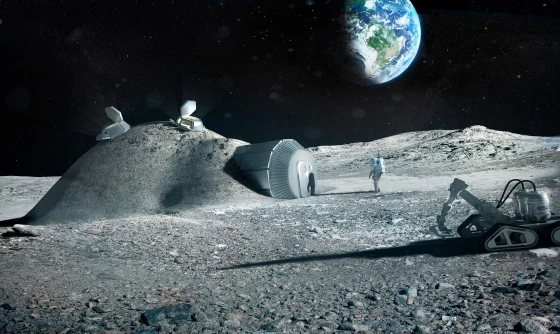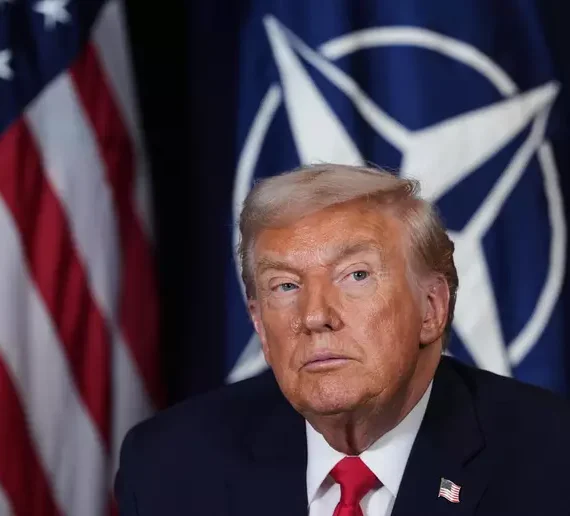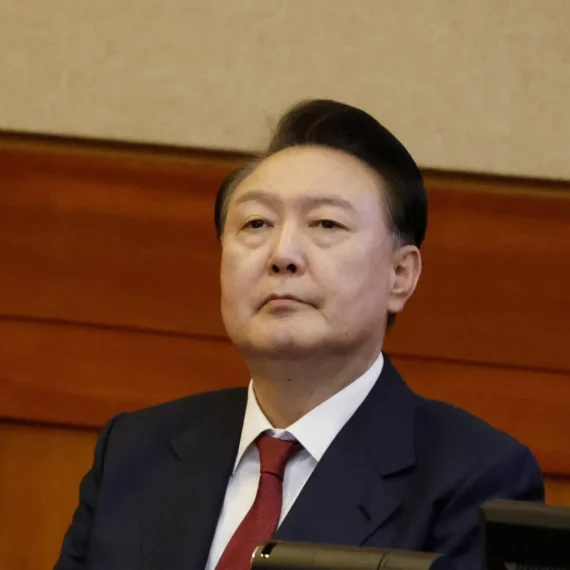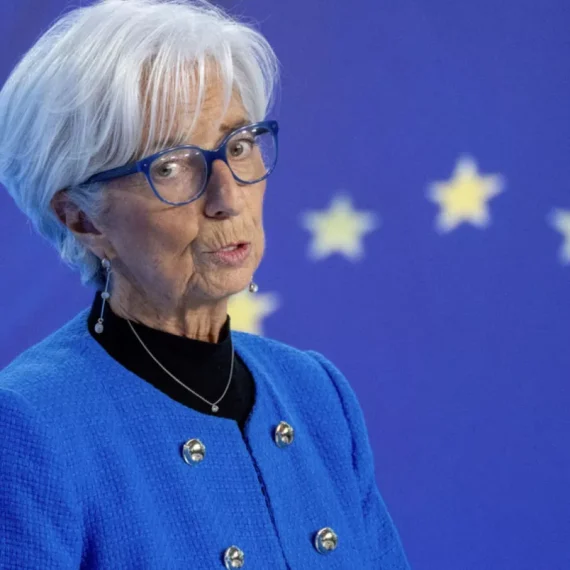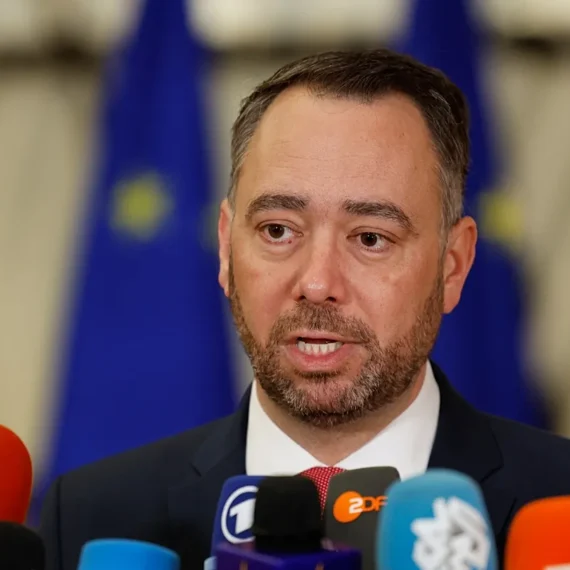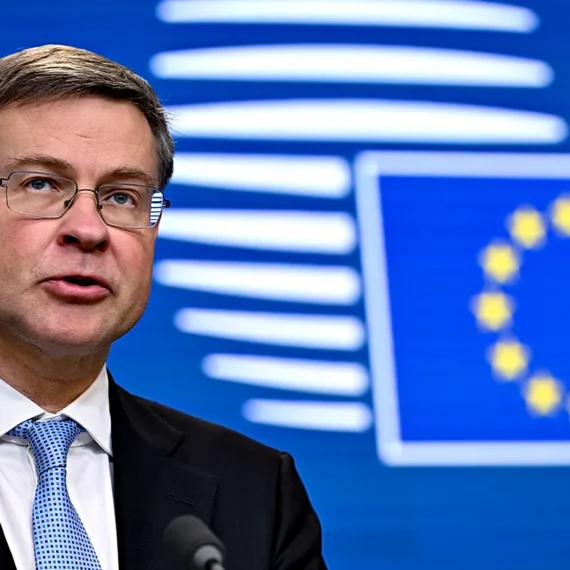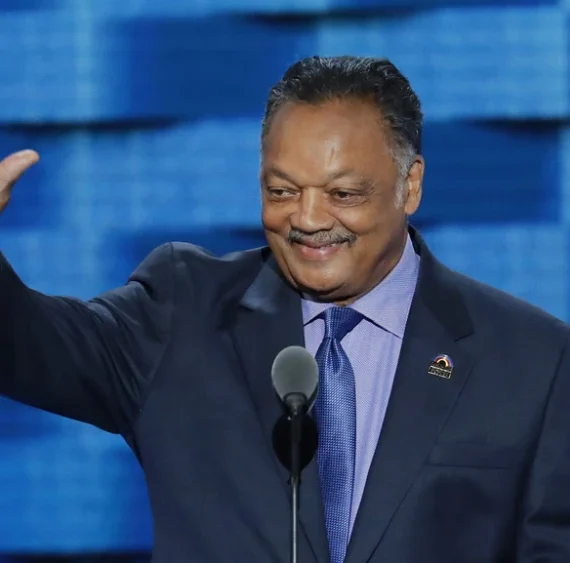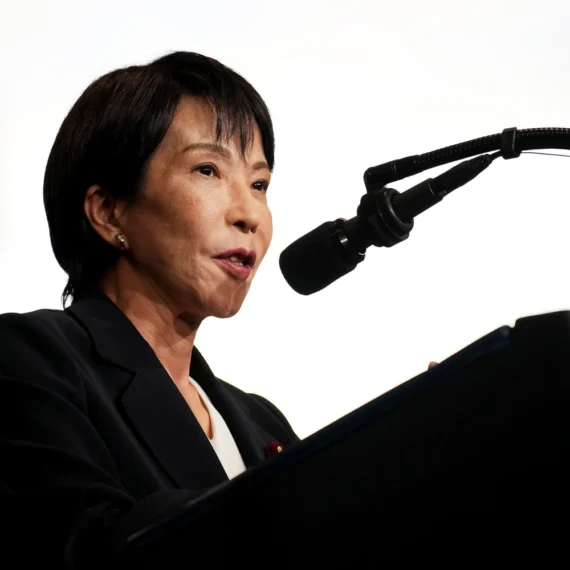Since the inception of his “coalition of the willing” concept during his Lancaster House summit two weeks ago, UK Prime Minister Sir Keir Starmer claims that a “huge amount” has transpired. He is correct; since then, US-Ukrainian ties have been tumultuous, reaching a climax earlier this week when the two sides reached an agreement on a 30-day ceasefire in Riyadh.
It is evident that much more work needs to be done before an ad hoc collaboration is prepared to take on something as complicated and potentially dangerous as maintaining peace in Ukraine, but Sir Keir’s coalition is a large, still somewhat hazy enterprise. Although he did not specify them, Sir Keir stated that the coalition is now larger and that “new commitments” are on the table.
He claimed that to undermine Russian President Vladimir Putin’s war machine, participants in the virtual summit on Saturday morning had decided to strengthen economic sanctions on Russia and continue military aid to Ukraine. There will now be a “operational phase” to the planning, he said, with military commanders scheduled to gather in the UK next Thursday.
Also Read:
Key Trends Developing in Global Equity Markets
Trade Tariffs and the Competitiveness Gap are Identified by the ECB as Growth Threats

